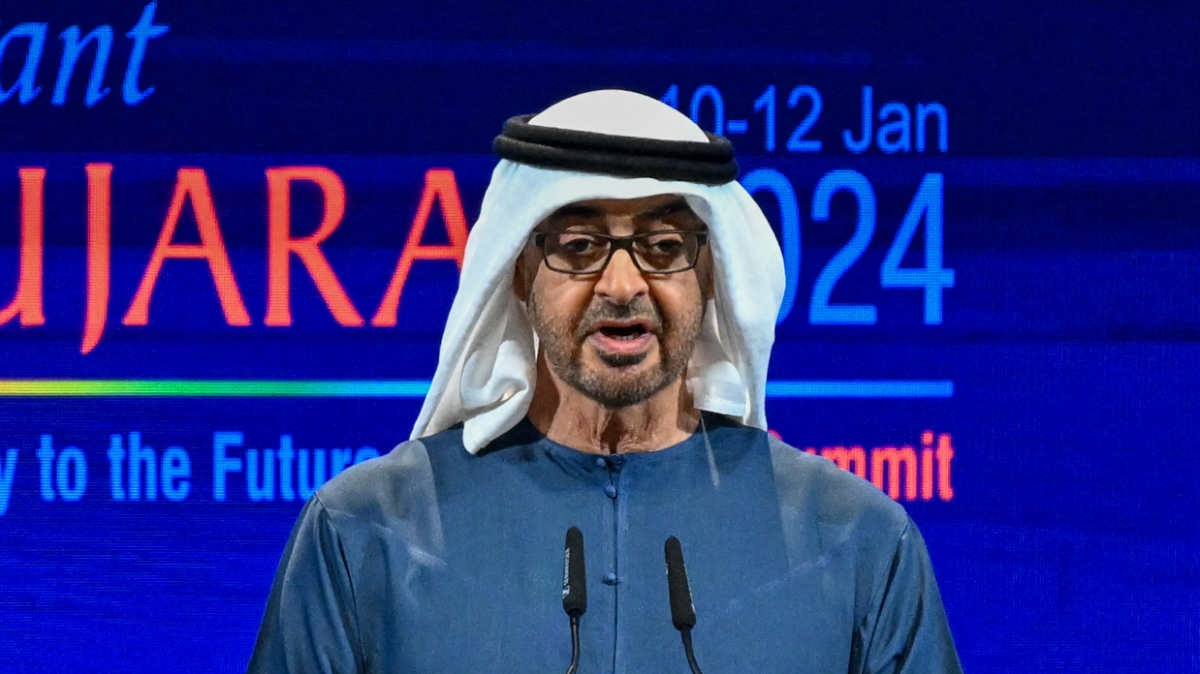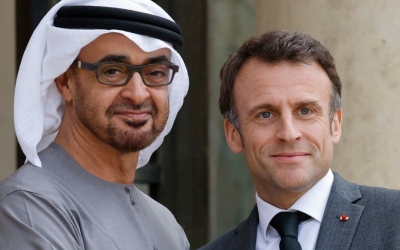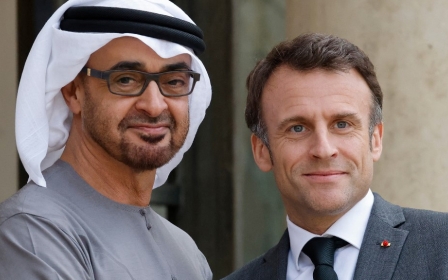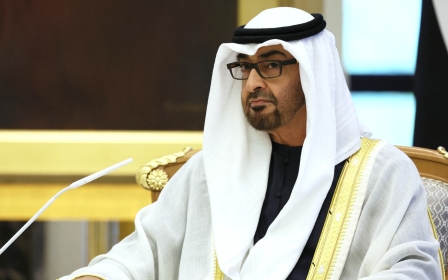George Washington University and programme director sued over UAE 'smear campaign'

An Austrian political scientist who alleges he was the target of an alleged smear campaign by the United Arab Emirates is suing George Washington University and a programme director there for falsely labelling him an "Islamic extremist".
Farid Hafez, an Austrian political scientist and visiting professor of international studies at Williams College, alleges that Lorenzo Vidino, George Washington University’s programme director on extremism, accused him of being a member of the Muslim Brotherhood.
The lawsuit also claims George Washington University was complicit in the alleged UAE-backed smear campaign, which was documented in a March 2023 New Yorker article.
Hafez was just one of more than a thousand people allegedly targeted by the UAE in a smear campaign that suggested that various authors, politicians, trustees and others were associated with the Muslim Brotherhood.
Hafez’s lawsuit alleges that Vidino, a well-known academic, used the campaign as a “platform” for his work, and accepted undisclosed funding from the UAE.
New MEE newsletter: Jerusalem Dispatch
Sign up to get the latest insights and analysis on Israel-Palestine, alongside Turkey Unpacked and other MEE newsletters
The alleged campaign was first reported by The New Yorker, in a sprawling article that traced the case from Europe to the US. The campaign was spearheaded by Alp Services, a little-known Swiss private intelligence company hired by the Emirati government as part of the large-scale effort.
Following the article, another report from the French investigative news site, Mediapart, revealed a similar campaign accusing other individuals with links to terrorism and the Muslim Brotherhood.
Middle East Eye reached out to George Washington University and Lorenzo Vidino for comment on the lawsuit but did not receive a response by the time of publication.
'Abu Dhabi Secrets'
Dubbed “the Abu Dhabi Secrets”, the investigations claim that Alp Services was hired by the UAE government to spy on citizens of 18 different European countries.
The investigation says that between 2017 and 2020, Alp Services gave the details of over 1,000 people and 400 companies and organisations to the Emirati intelligence services, which claimed that they all were members of - or sympathisers with - the Muslim Brotherhood.
Hafez is suing Vidino, George Washington University, the programme and Alp’s owners for at least $10m in out-of-pocket and punitive damages, including lost business opportunities and relocation costs.
Vidino was named in a separate lawsuit by oil trader Hazim Nada, which alleges Alps Services falsely labelled him as a member of the Muslim Brotherhood. The lawsuit alleges that Alps Services paid and recruited Vadino as part of the campaign using him as an expert on the Muslim Brotherhood.
Hafez alleges that he was wrongfully arrested, detained and had his house raided by German, French and Austrian authorities because of fictional reports and presentations that Vidino gave claiming Hafez was a member of the Muslim Brotherhood.
“That’s just plain wrong,” Hafez’s defense attorney, David Schwartz, said.
“It’s actionable. I think we have a very viable case and my client is going to be seeking justice in this case against people that conspired against him, his good reputation, basically placing him as a member of the Muslim Brotherhood.”
The lawsuit also alleges that Vidino violated the Foreign Agents Registration Act by failing to disclose his work for the UAE to the US government. It says that George Washington University failed to hold its programme director accountable for his alleged crimes.
The lawsuit also alleges that Vidino violated the US Racketeer Influenced and Corrupt Organizations Act and committed mail fraud, wire fraud, tax evasions and violations of the Espionage Act, by obtaining information to benefit a foreign country.
In addition to his role at Williams, Hafez is a non-resident senior researcher at Georgetown University’s The Bridge Initiative and a regular contributor to Middle East Eye's opinion section.
Middle East Eye delivers independent and unrivalled coverage and analysis of the Middle East, North Africa and beyond. To learn more about republishing this content and the associated fees, please fill out this form. More about MEE can be found here.





